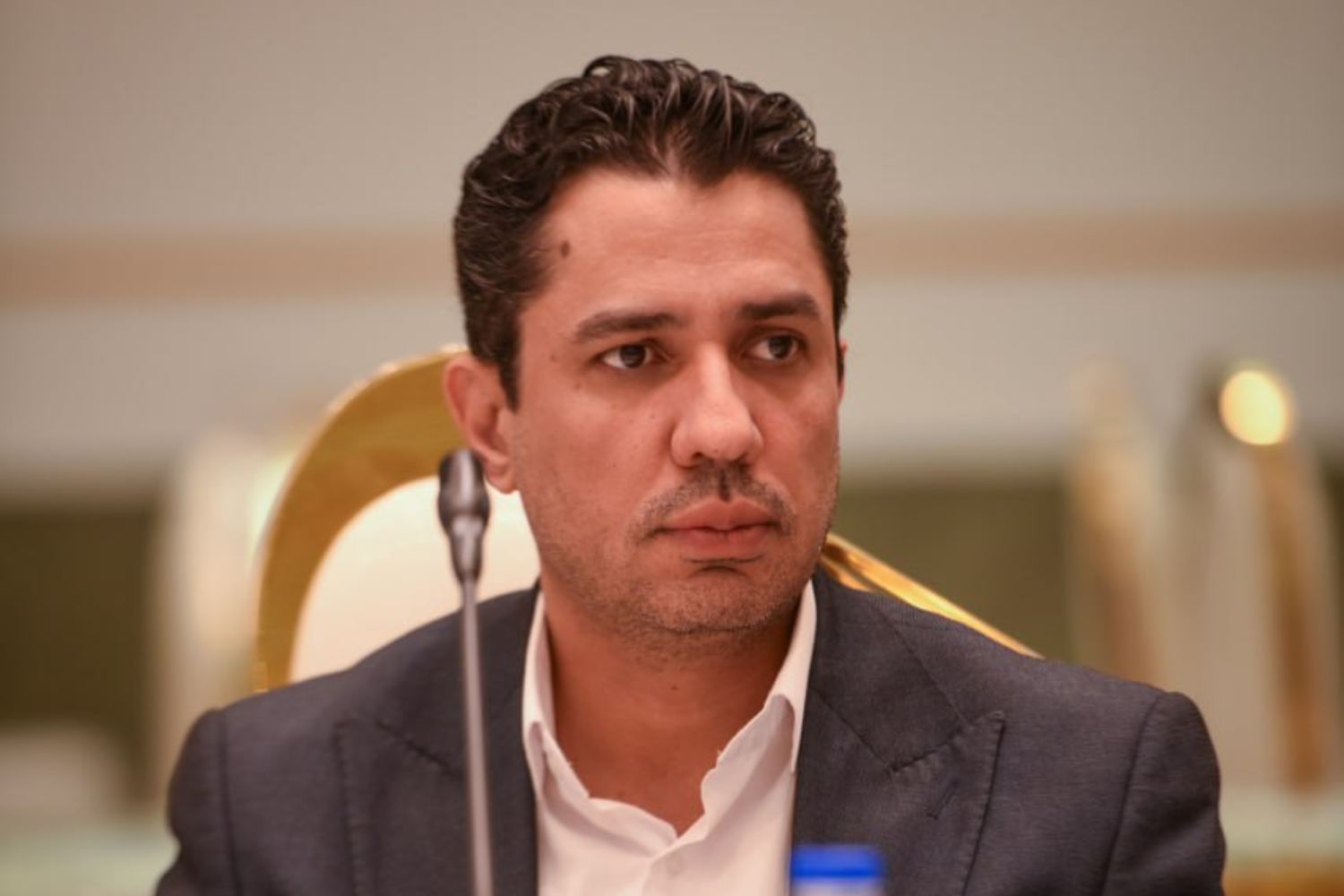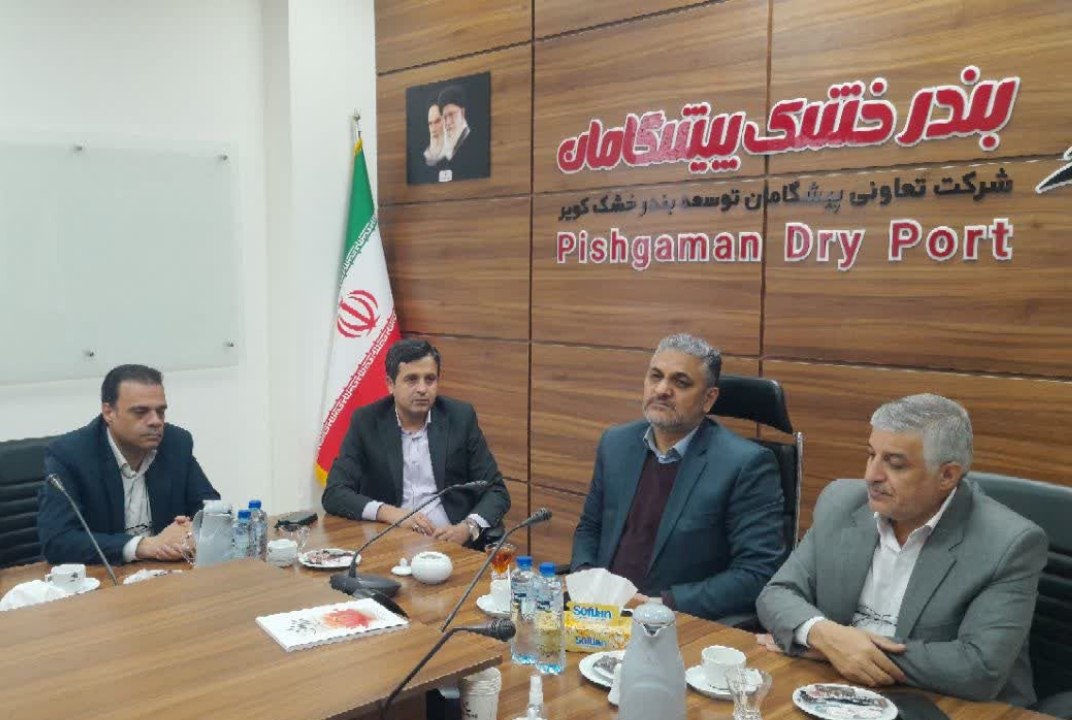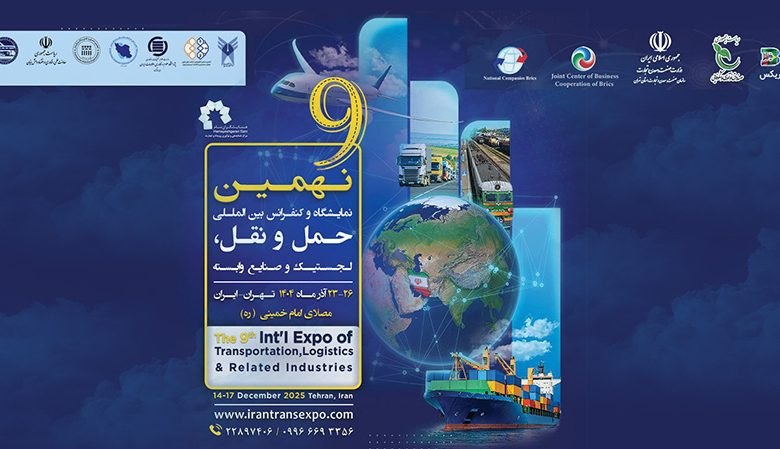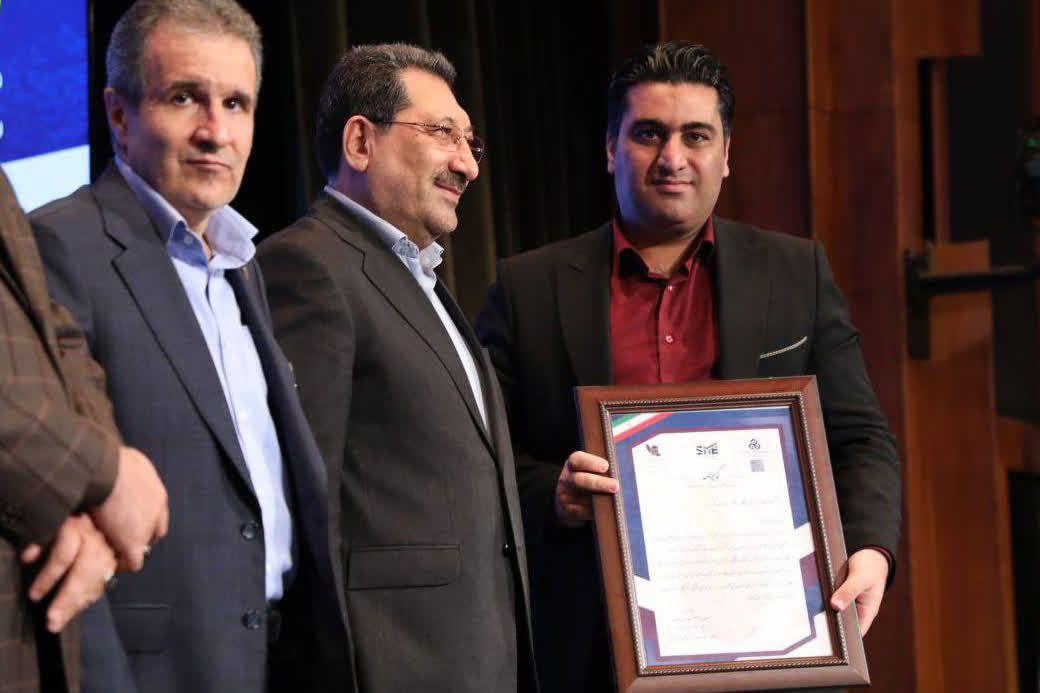According to the Public Relations Office of the Pishgaman Cooperative Union, during a specialized panel held on the sidelines of the International ELECOMP Exhibition, senior executives from the Telecommunications Company of Iran and private operators emphasized the importance of replacing copper cables with fiber optics as a fundamental transformation in the country’s communication infrastructure.
At the same time, participants agreed on the need to maintain a competitive environment, protect consumer rights, and review tariffs to ensure the economic sustainability of this project. They also warned against the risks of monopoly and the exclusion of other fixed internet service providers.
The national *Fiber Optic Swap Project*, jointly launched by the Telecommunications Company of Iran and private operators, represents a decisive step toward developing the country’s communication network. However, experts have cautioned that challenges such as potential monopolization, disproportionate tariffs, and high investment risks could threaten the long-term success of this major initiative.
The session was attended by **Hassan Karimi**, Deputy of Network at the Telecommunications Company of Iran; **Masoud Bamanipour**, CEO of **Pishgaman Tose’e Ertebatat (Pishgaman Development Communications)**; **Mohammad Ali Yousefzadeh**, CEO of Asiatech; and **Hassan Shanehsaz**, Chairman of the Board at Shatel. Each of the participants presented their views on the requirements for fiber optic development and the challenges facing Iran’s communications industry.
**Masoud Bamanipour**, CEO of **Pishgaman Tose’e Ertebatat (Pishgaman Development Communications)**, highlighted the economic difficulties of private operators and warned that continuing operations under the current tariff structure—which does not align with inflation and currency fluctuations—is unsustainable. He noted that the current implementation method of the Fiber Swap Project could gradually eliminate private internet service providers.
He added: “After years of activity in the internet industry, maintaining and expanding networks without new investment is impossible. However, low tariffs and the lack of updates in line with inflation and exchange rates have made investment unfeasible. The Telecommunications Company of Iran is also under financial pressure, but its chosen approach to executing the Fiber Swap Project—and the increase of basic telecommunication costs for partner operators—will ultimately pave the way for the elimination of private companies. Therefore, the regulator must take an immediate position.”
Bamanipour further emphasized that UNSP companies previously operated based on a national division, but the future of this structure remains unclear. He also pointed out that the status of current subscribers is uncertain and stressed that these issues should be addressed before the approval of any new regulation.




